🖐About the Product Ayurfast Hridyaras
Ayurfast Hridyaras (Draksharishtam, the best medicine for heart disease) is an ayurvedic medicine used to treat digestive and respiratory disorders. The herb provides strength to the body after chronic illnesses and is an effective remedy for debility. The ayurvedic nutritional supplement is a general tonic that aids digestion and improves health in general. Several diseases are treated with it, including cough, asthma, phthisis, sleeplessness, vertigo associated with weakness, anorexia nervosa, constipation, loss of appetite, and headaches. Early detection and management through lifestyle changes, medications, and other treatments can help prevent or manage heart disease.
Dosage: The medicine should be taken twice daily with equivalent water in a dose of 15 ml
😍Benefits of Hridyaras
- Natural and safe
- Supports cardiovascular health
- Lowers blood pressure and cholesterol
- Prevents heart attacks and strokes
- Improves circulation
- Reduces stress and anxiety
- Enhances immune system
- Promotes overall wellness
- Minimal side effects
- No dependency
- It the treats root cause of heart disease
- Supports heart muscle function
- Regulates heartbeat
- Maintains healthy blood vessels
- Supports the natural healing process
- Improves sleep quality
- Boosts energy levels
- Non-invasive treatment
- Prevents further heart damage
- Affordable and accessible.
😲Risk
-
Drug interactions: Some Ayurvedic medicines can interact with prescription medications and affect their effectiveness. Patients with heart disease who take blood thinners or antiplatelet medications, for example, may be at risk for increased bleeding if they take certain Ayurvedic remedies.
-
Heavy metals: Some Ayurvedic medicines have been found to contain heavy metals such as lead, arsenic, and mercury, which can be toxic to the heart and other organs.
-
Stimulants: Some Ayurvedic remedies may contain stimulants such as ephedra or caffeine, which can increase heart rate and blood pressure and put additional strain on the heart.
-
Inappropriate diet: A diet high in saturated fat, cholesterol, and sodium can worsen heart disease and increase the risk of heart attacks and strokes.
-
Lack of exercise: Sedentary lifestyle can lead to an increased risk of heart disease, so it is important to incorporate regular physical activity into one’s routine, as long as it is safe and recommended by a healthcare professional.
👉Facts
- Arjuna: It is a popular Ayurvedic herb that helps to lower blood pressure, reduce cholesterol levels, and improve heart function.
- Ashwagandha: This herb is known for its ability to reduce stress and anxiety, which can help to lower blood pressure and reduce the risk of heart disease.
- Garlic: Garlic is another popular herb used in Ayurvedic medicine for heart health. It has been shown to lower cholesterol levels and reduce the risk of heart disease.
- Guggul: This herb is known for its anti-inflammatory properties and has been shown to lower cholesterol levels and reduce the risk of heart disease.
Do’s & Don’ts
✅Do’s:
- Consult with a qualified Ayurvedic practitioner or healthcare provider before starting any Ayurvedic treatment.
- Follow a healthy diet that is low in saturated and trans fats, and high in fruits, vegetables, and whole grains.
- Maintain a healthy weight through diet and exercise.
- Practice stress-reducing techniques like yoga, meditation, or deep breathing exercises.
- Take any Ayurvedic remedies as directed by a qualified practitioner.
❌Don’ts:
- Don’t rely solely on Ayurvedic remedies to treat heart disease. It’s important to also follow any recommendations from your doctor.
- Don’t stop taking any prescription medications without consulting your doctor.
- Don’t use any Ayurvedic remedies that are not from a reputable source or that have not been adequately tested for safety and efficacy.
- Don’t exceed the recommended dose of any Ayurvedic remedies, as some herbs can have side effects or interactions with other medications.
🍀Indegrigent
English Name Hindi Name Description
Terminalia Arjuna Arjuna Bark sawaras It has antioxidant,anti-ischemic and blood pressure-lowering effects.Arjun strengthens and tones the heart muscles. It has strong antihypertensive properties. It lowers the cortisol levels and reduces stress and chest pain.
Hawthorn Van Sanjalee Hawthorn improves flow in arteries and improves circulation to the heart.
Commiphora Mukul Guggul Guggul works as lipids breaking agent. It reduces triglycerides, total cholesterol and LDl which is bad cholesterol.
Hibiscus sabdariffa Hibiscus Increase HDL levels (good cholesterol) and decrease LDL level (bad cholesterol).
Boerhaavia Diffusa Punarnava It helps to remove excess body fluids and helpful in mitochondrial dysfunction,
Sawarnmakshik Bhasama Sawarnmakshik Bhasama It is good for insomnia, maintains HB and has blood pressure-lowering properties. It provides strength to cardiac muscles.
Lodhar Bhasma Lodhar Bhasma It has hypolipidemic properties which prevents the deposition of plaques in blood vessels and also prevents the hardening of arteries. Hence preventing the risk of heart attacks.
Mushroom Shiitake - Mushroom It has antioxidant and anti inflammatory properties hence lowers blood pressure
Mushroom Reishi - Mushroom It works as an anti-inflammatory agent in the body. Reduces stress and anxiety.
Grape Seeds Extract Grape Seeds Extract It has strong anti-inflammatory and antioxidants action which is good for cardiac muscles.The antioxidant effect of grape seed extract prevents blood vessels from becoming damaged. Improves blood circulation and hence maintains blood pressure. Free radicals cause damage to tissues and create stress in the body.
Bamboo Silica Vanshlochana The vanschlochan provides strength and elasticity to connective tissue. It has anti-inflammatory properties.
Mineral Pitch Shudh Shilajeet Improves blood circulation in heart and hence maintains pressure of blood
Brazil Nuts Brazil Nuts It is rich in selenium and other minerals which are good for heart health.
Creat Kalmegha Good for liver health strengthens heart muscles and lowers blood pressure.
Malabar tamarind Garcini It improves cholesterol levels and triglycerides.
Rhodiola rosea Rhodiola It reduces stress-induced cardiac discomfort.
Sterols Phytosterol Sterols help in lowering cholesterol levels.
Policosanol Octacosanol It improves lipid profile and reduces high cholesterol.
Cayenne pepper Cayenne It lowers blood pressure and keeps vessels healthy.
Niacin Nicotinic acid It increases HDL and decreases LDL levels.
Tinospora cordifolia Guduchi antiinflammatory, anti aging and anti oxidant properties.
Cissus Quadirangularis Harjor It decreases blood pressure and reduces stress.
Phyllanthus Emblica Amalaki It has antioxidant properties and reduces inflammation in heart muscles.
Ocimum Gratissimum cayenne It has anti-inflammatory effects.
Garlic Extract Garlic Extract Maintain tryglyceride and cholesterol levels in body and maintain blood pressure.
Nettle leaves extract Bichu Buti It acts as antioxidant in our body.
[uta-template id=”9981″]\
Quotes

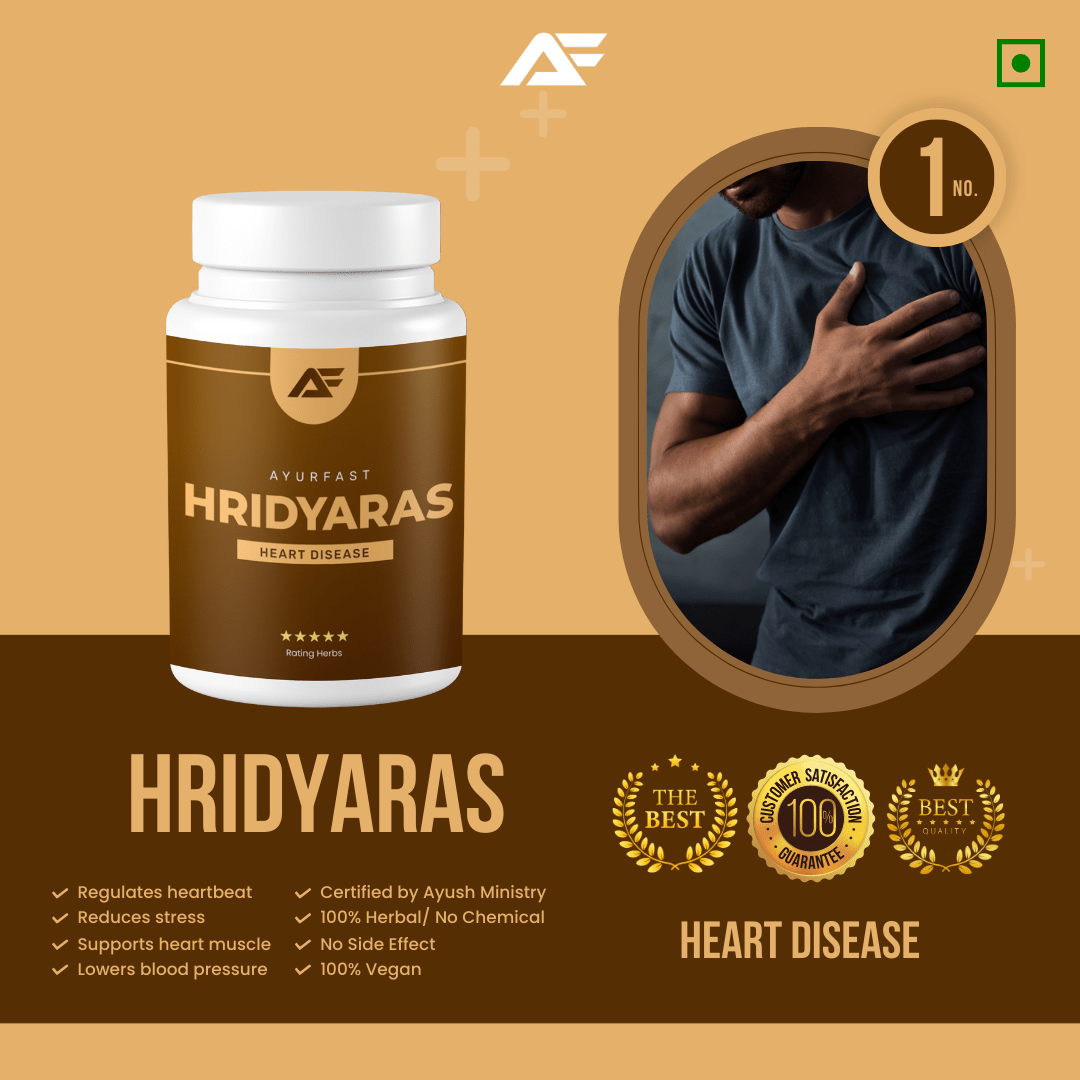
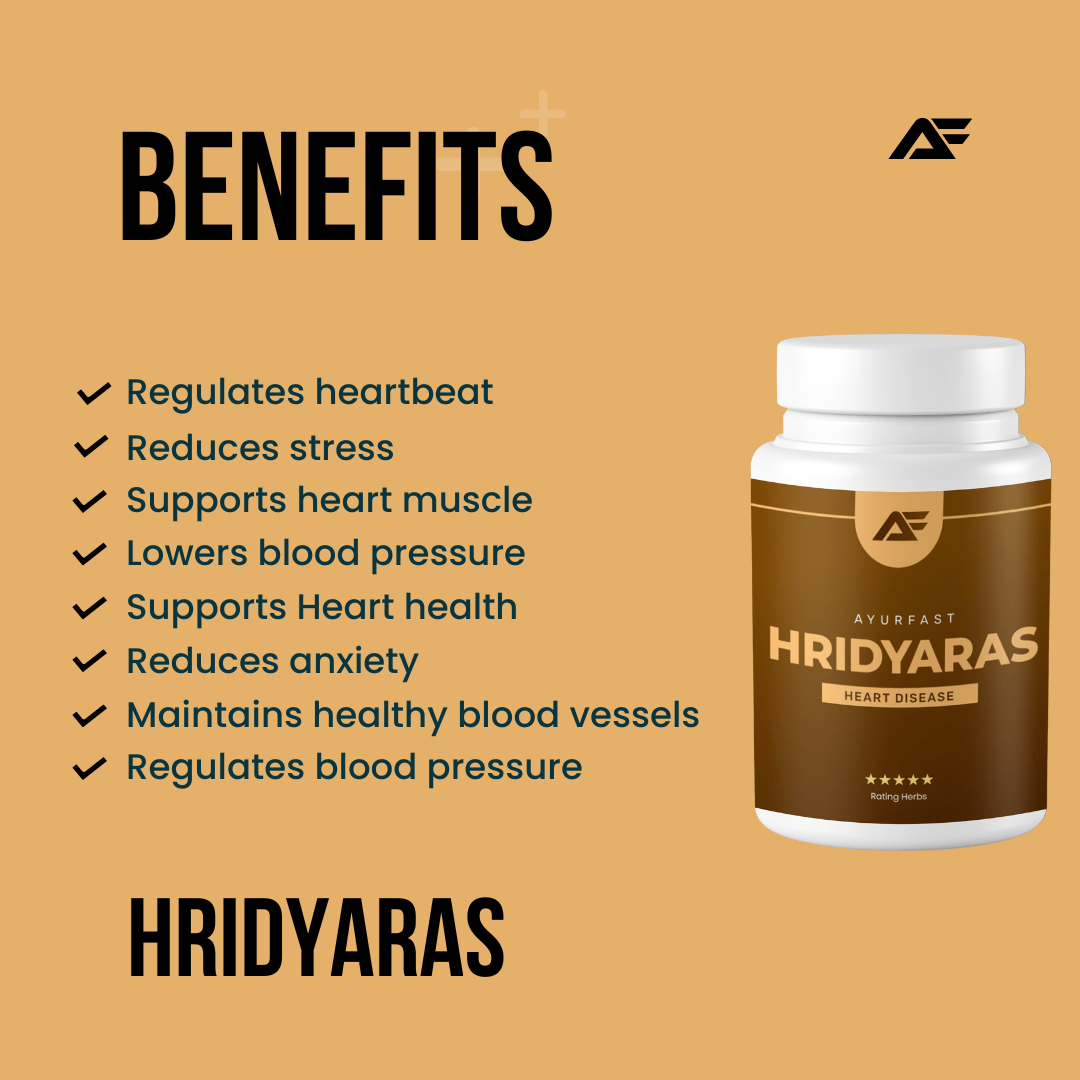


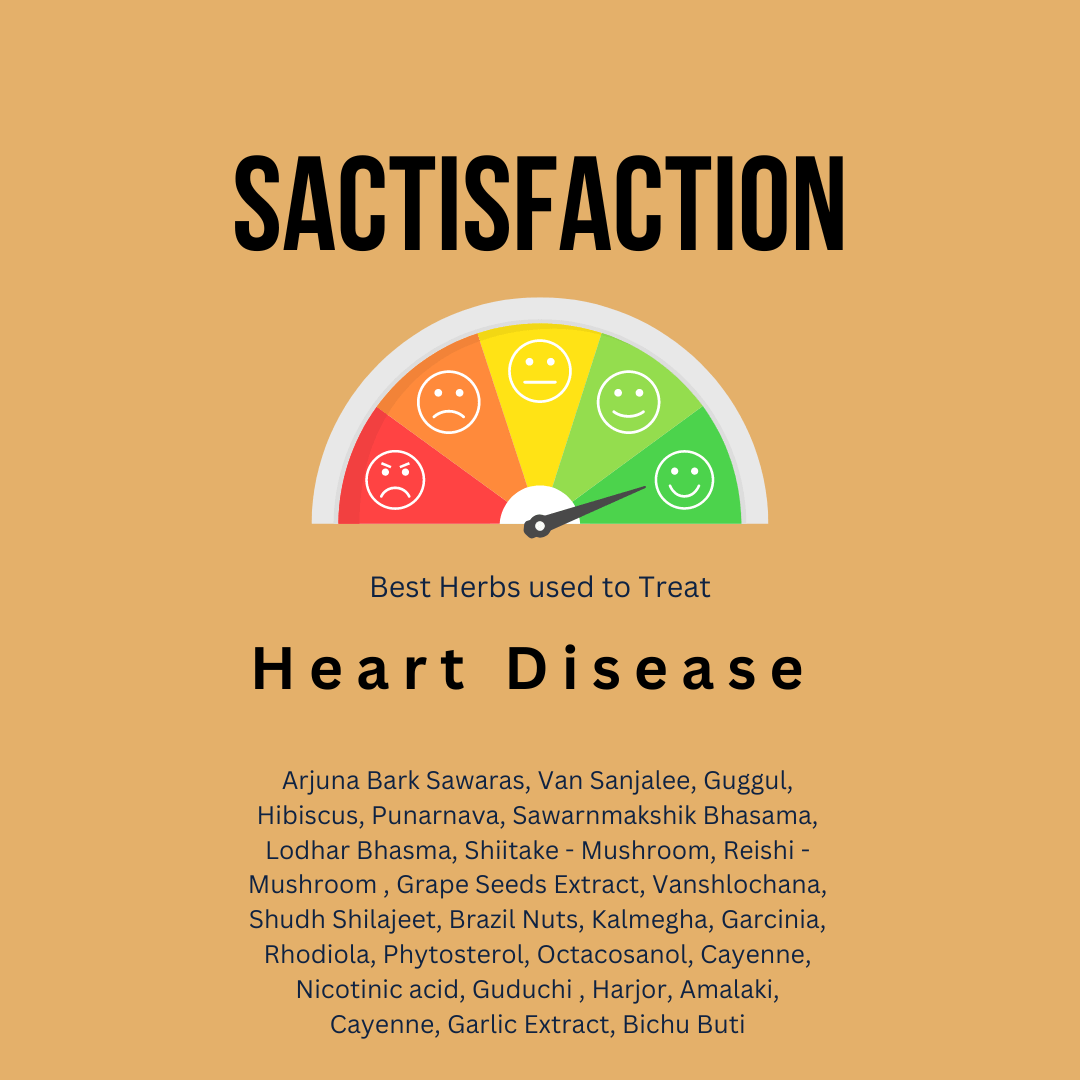
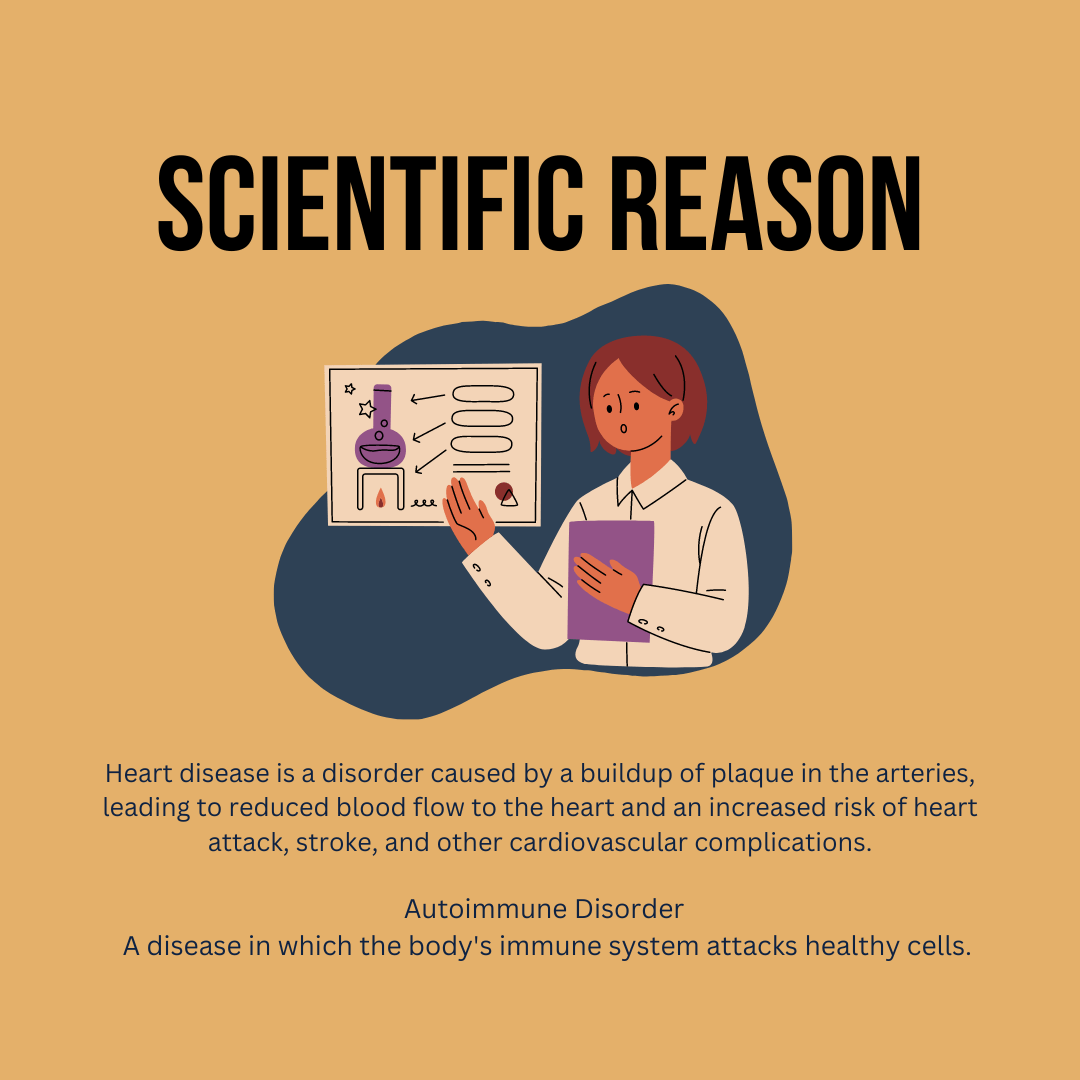







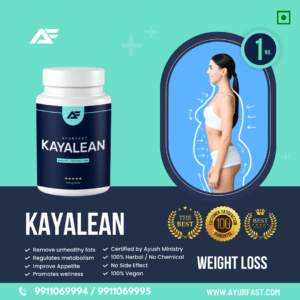


Reviews
There are no reviews yet.